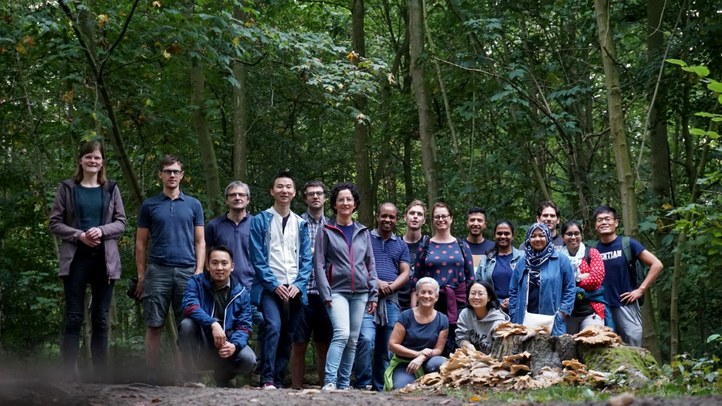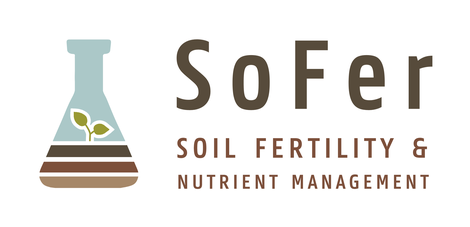Research group Soil Fertility and Nutrient Management
Content
Welcome
Soil carbon, nitrogen, and phosphorus cycles are central to agricultural ecosystem productivity, water eutrophication risks, and climate change. They are controlled by a complex of biological, chemical and physical processes. Our group investigates these terrestrial cycles of these elements and their impact on agricultural productivity, nutrient use efficiency and nutrient losses (nitrate and phosphate leaching, gaseous nitrogen losses), greenhouse gas emissions and carbon sequestration. The fundamental part of the research is concerned with, for example, stabilization mechanisms of organic carbon in soils, the mechanisms that determine greenhouse gas emissions from soils (N2O, CH4), the role of the microbial and the micro- and mesofaunal communities. Within the applied part of the research we investigate e.g. how management measures such as the application of various types of organic matter, adapting rotations, organic farming, reduced tillage, irrigation management, crop residue management... influence carbon storage, nitrogen and phosphorus efficiency and losses, and (biological) soil quality. Recently, we also initiated research on the dynamics of microplastics in soil.
Soil is at the forefront of interest of both the international research community and policy at all levels (Soil health and food mission of Horizon Europe). Our research is conducted in all continents, and our group currently consists of 22 academic and technical staff, and disposes of a fully equipped soil science lab for chemical, physical and biological soil analyses, and for conducting lab experiments and field trials.

